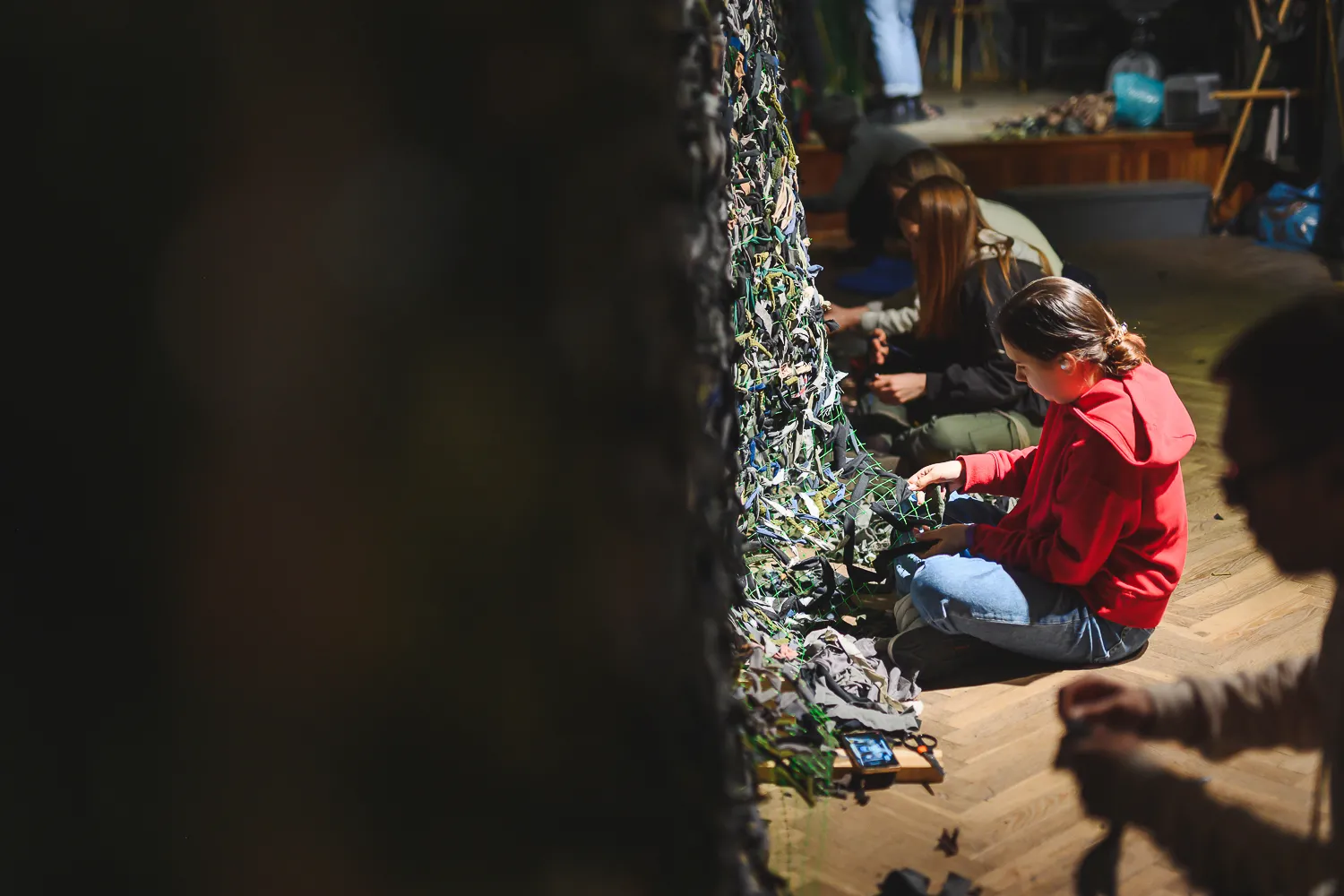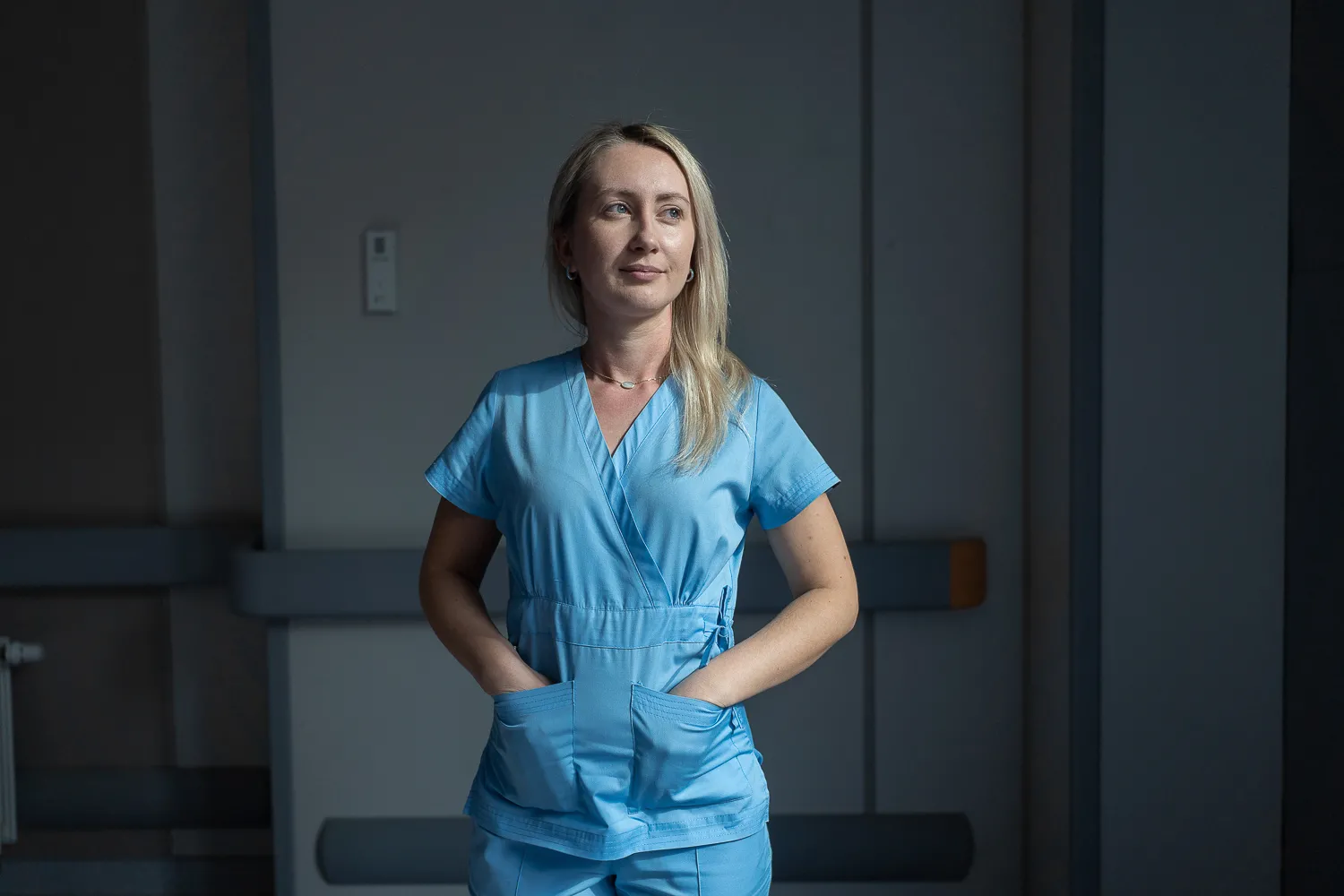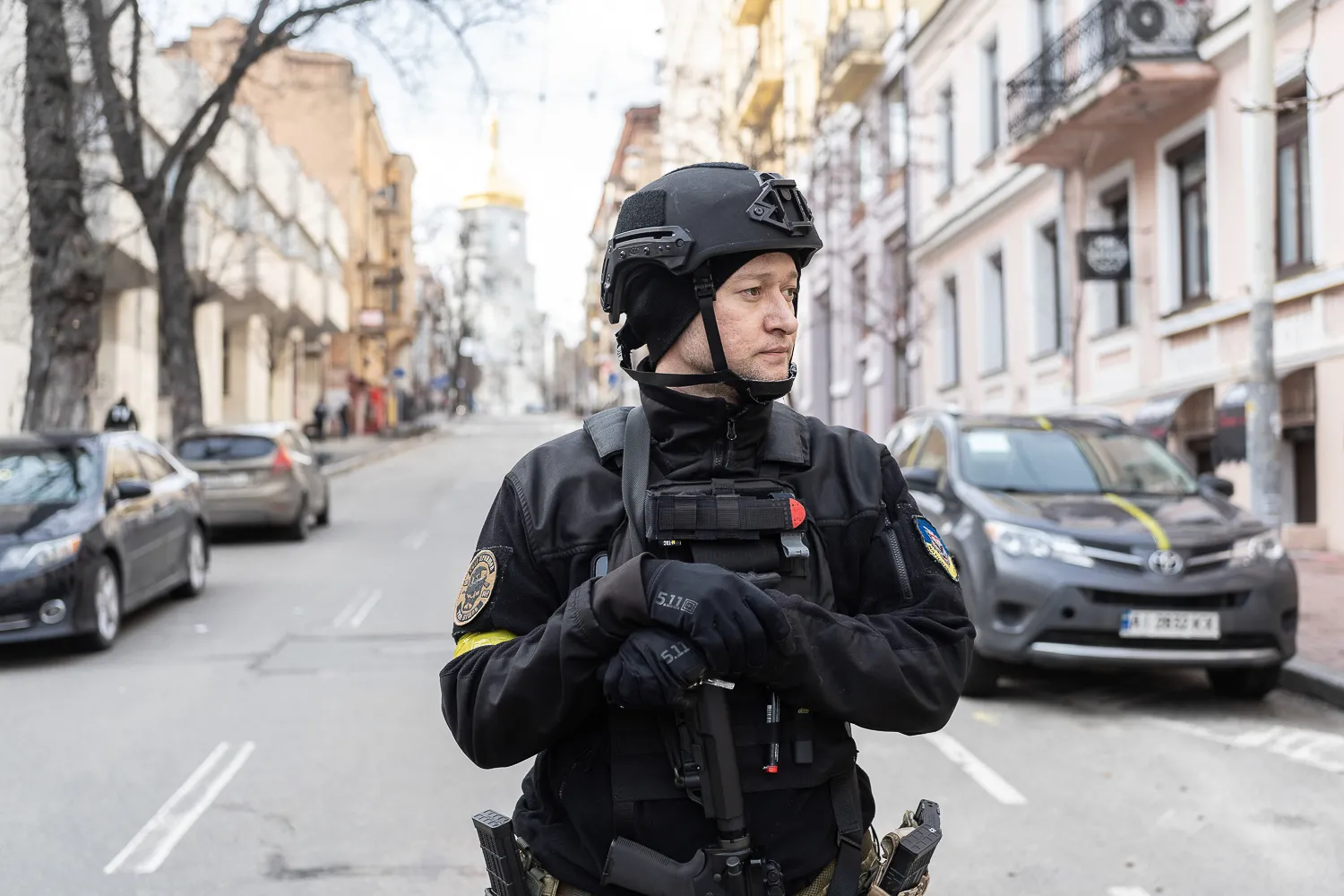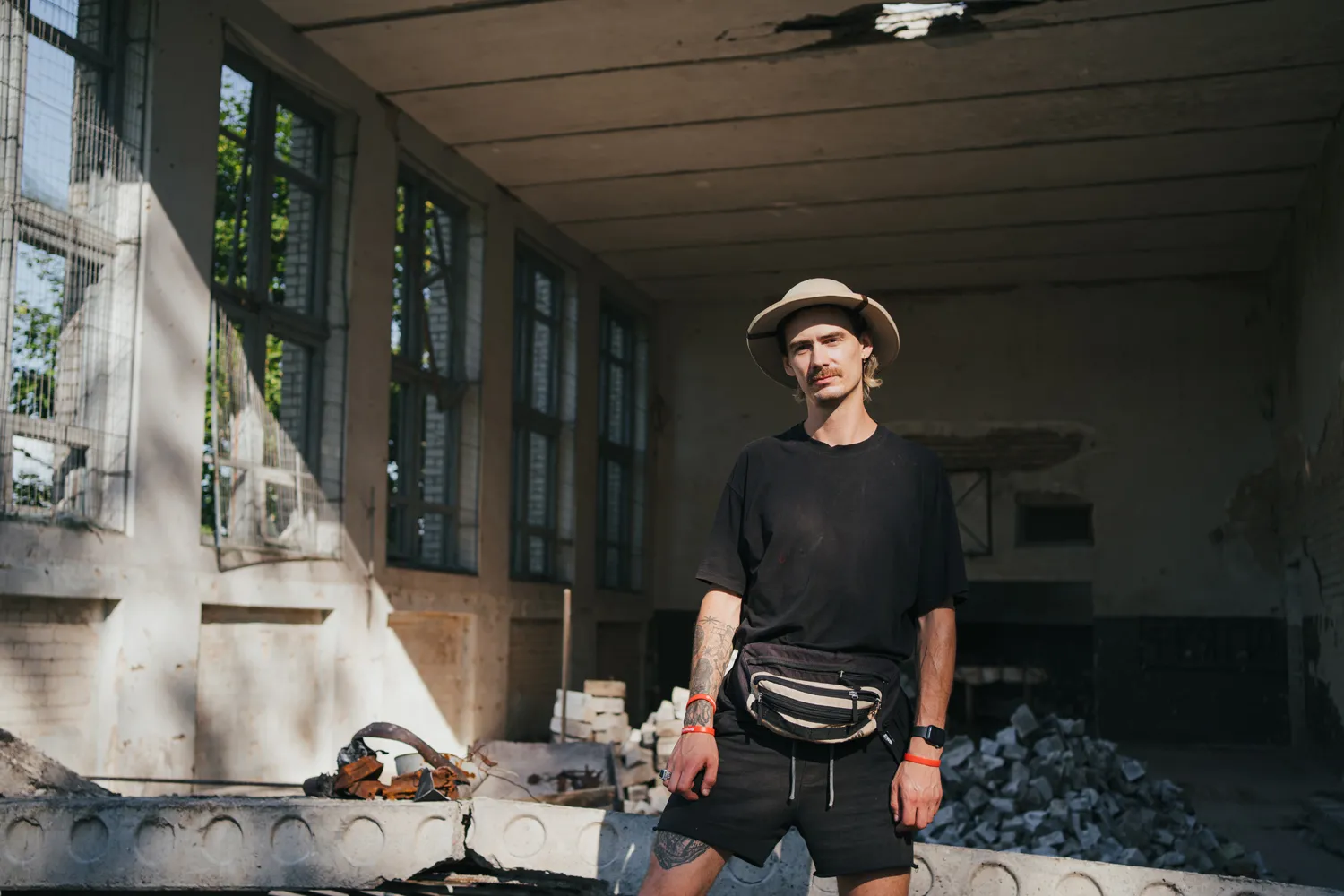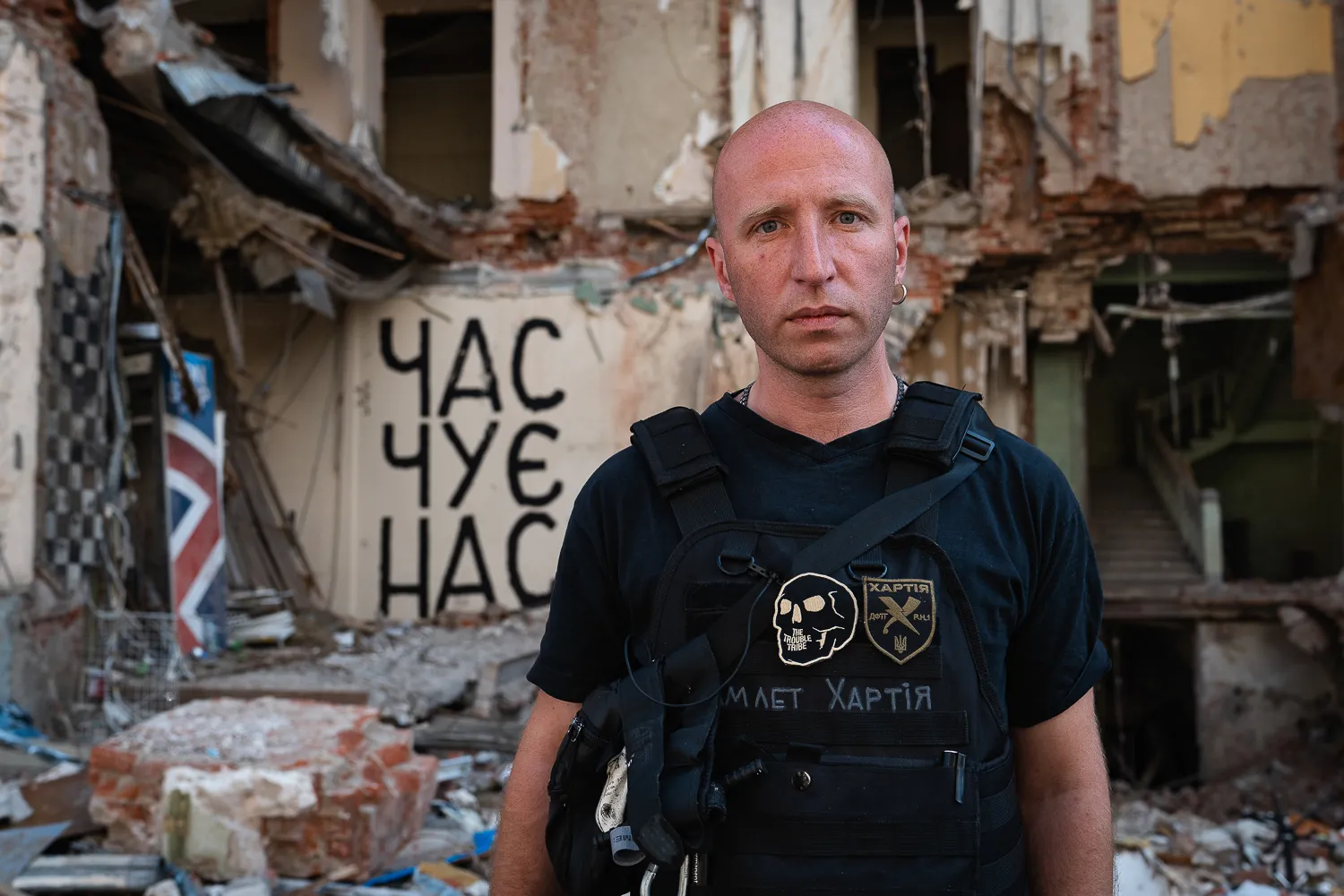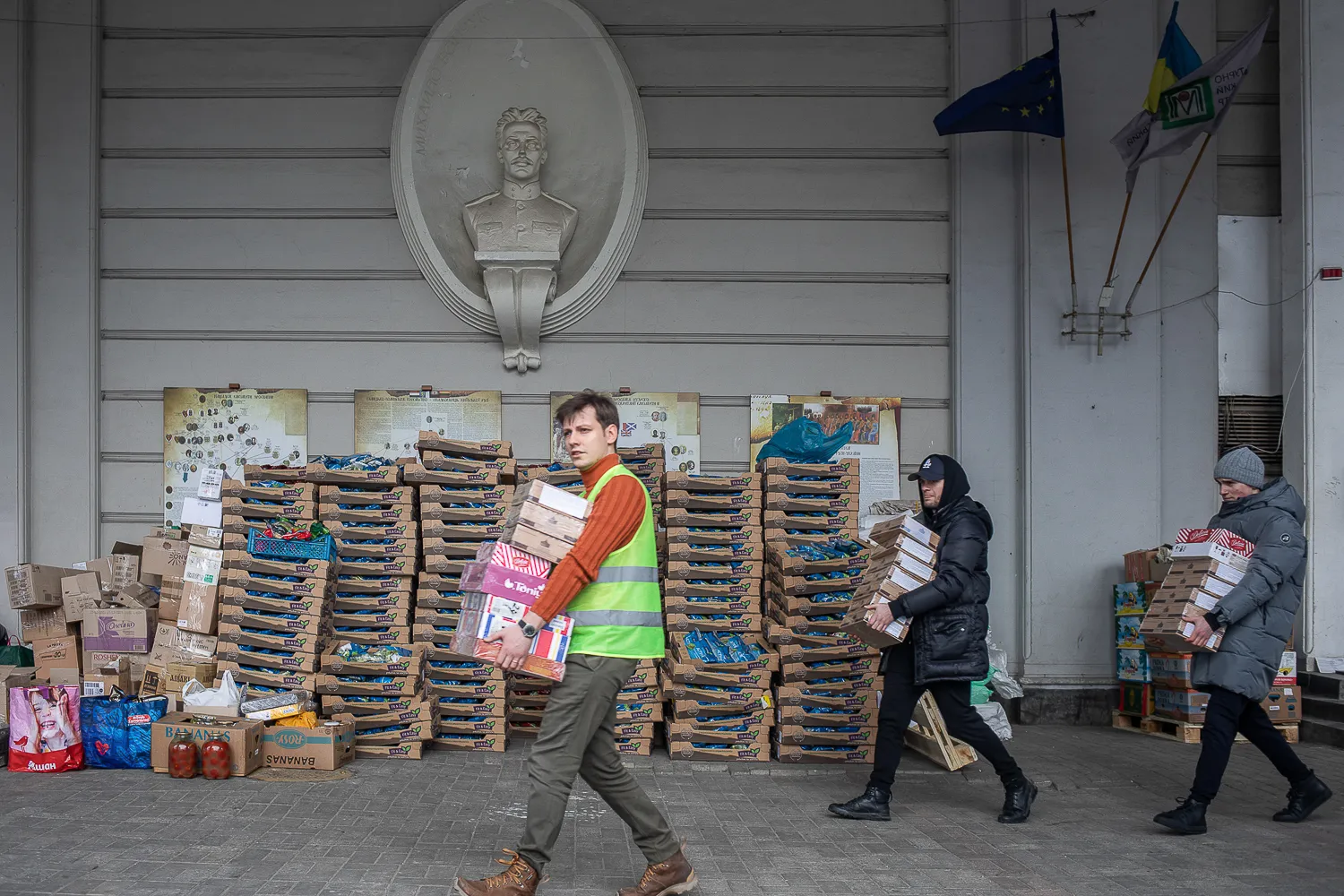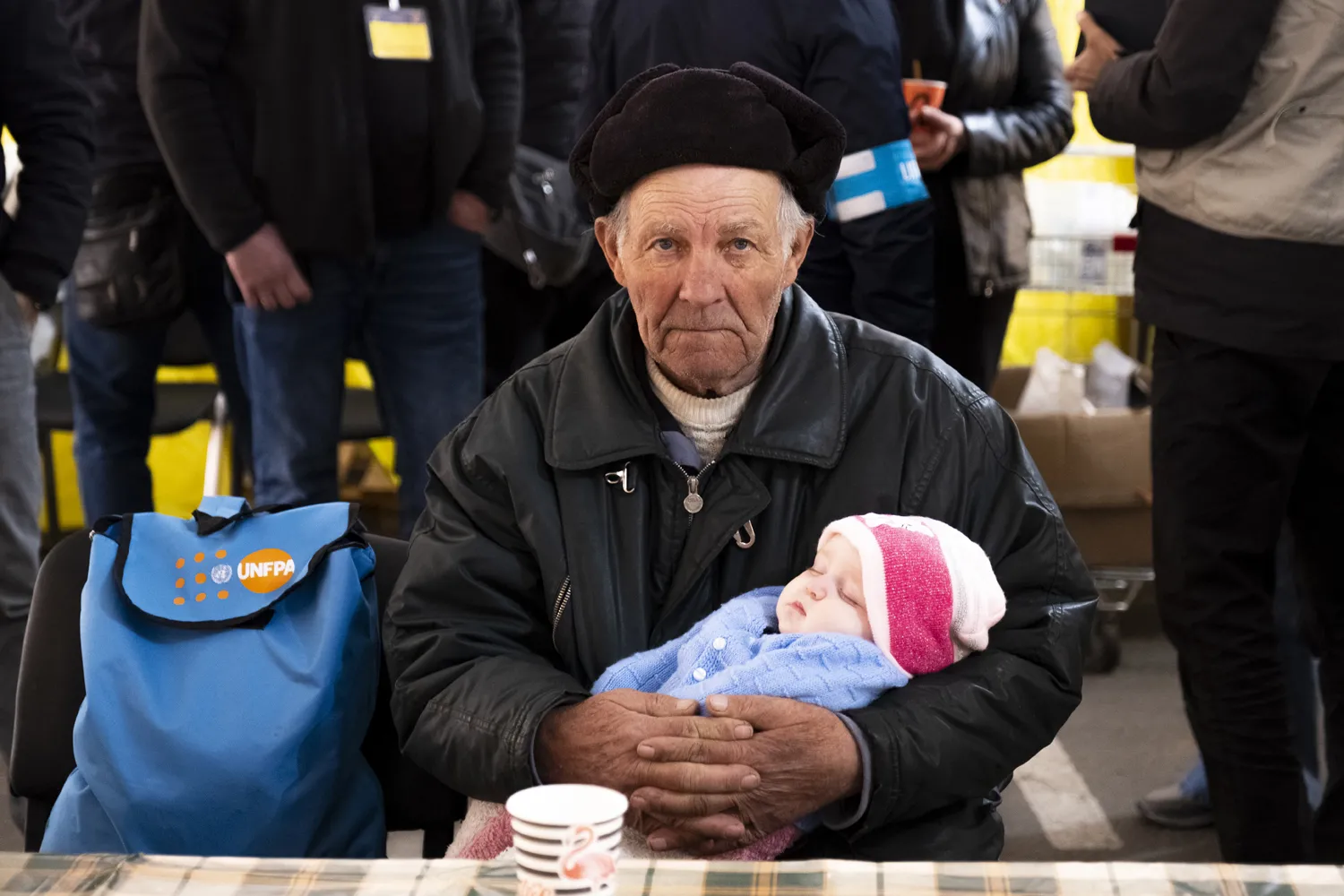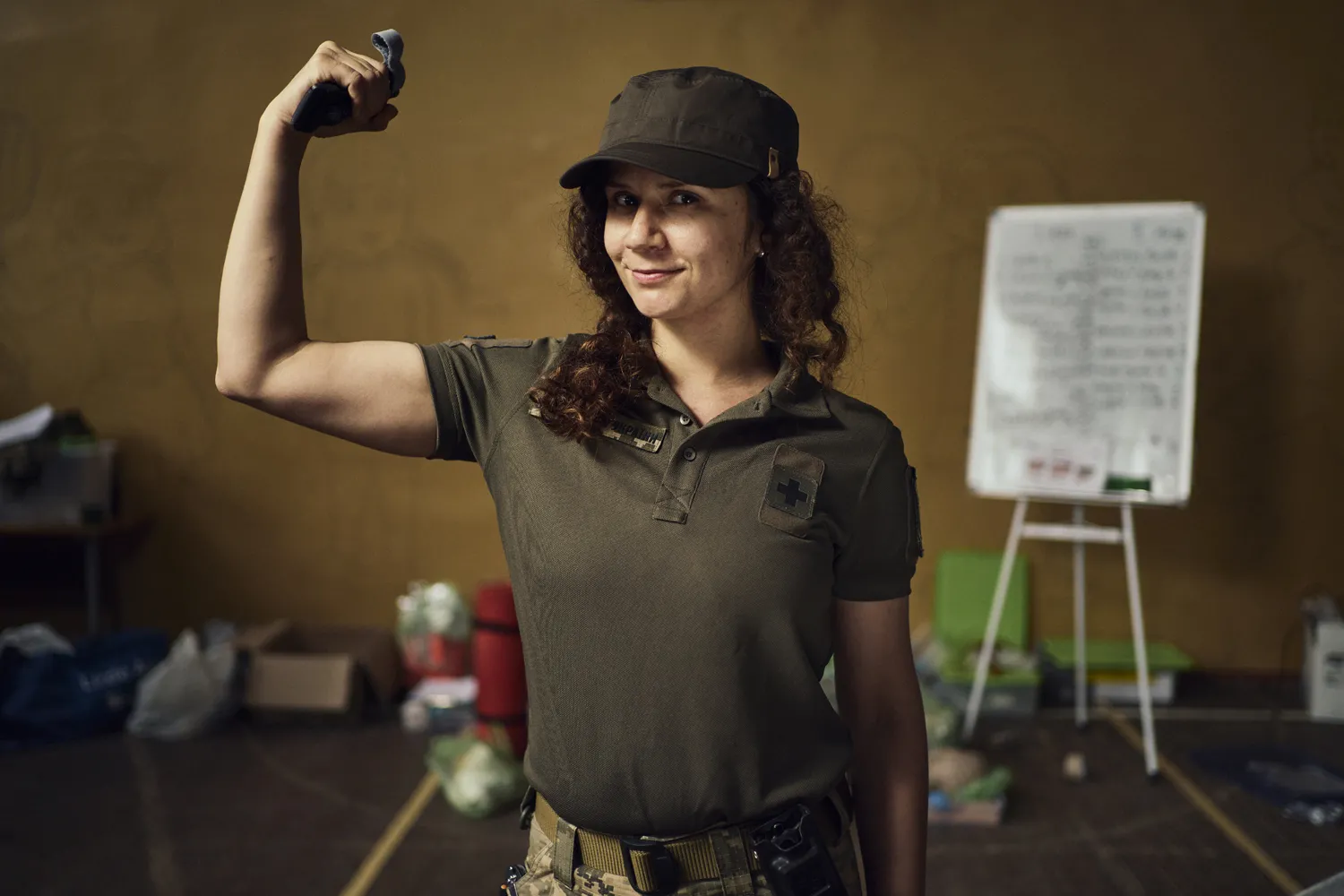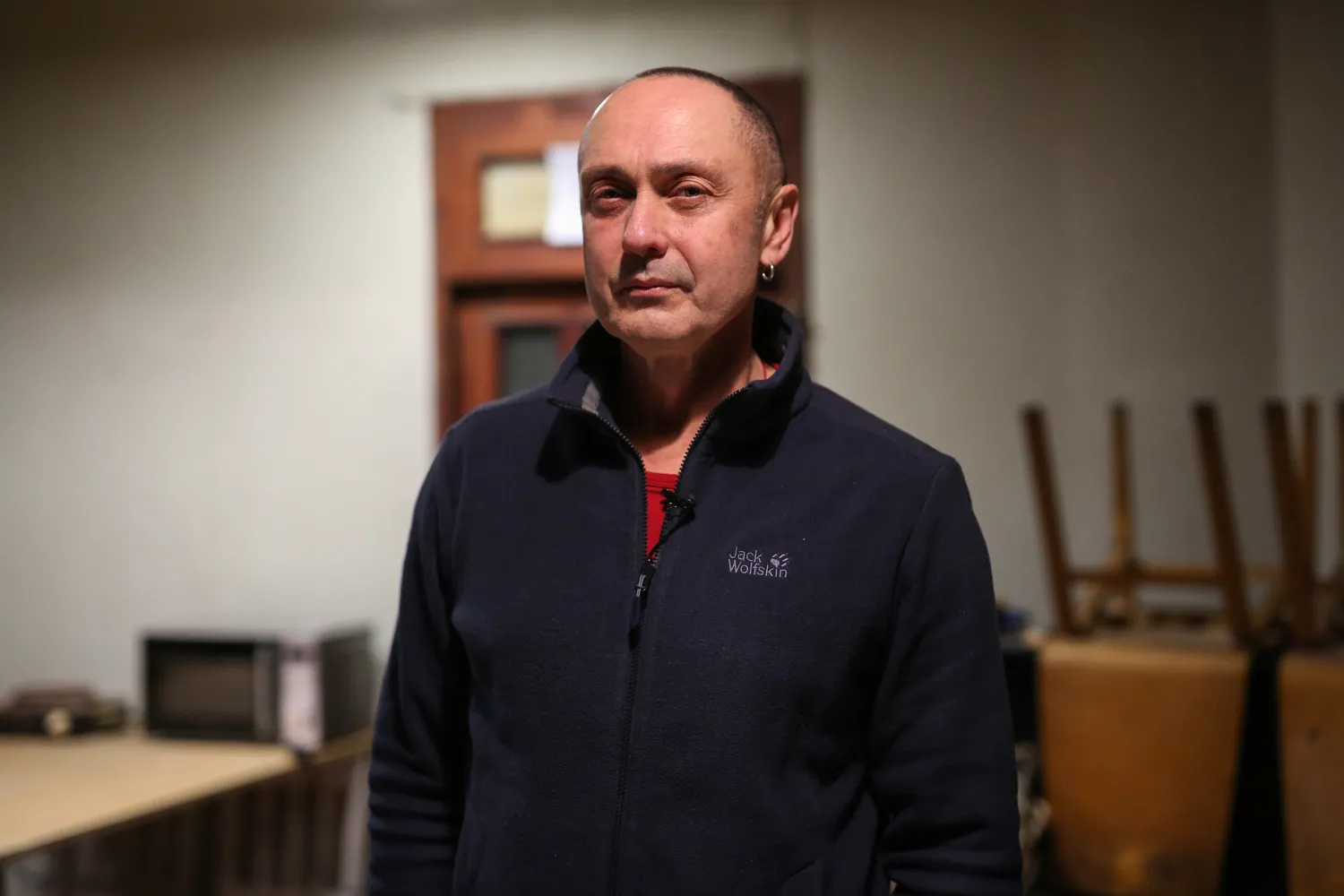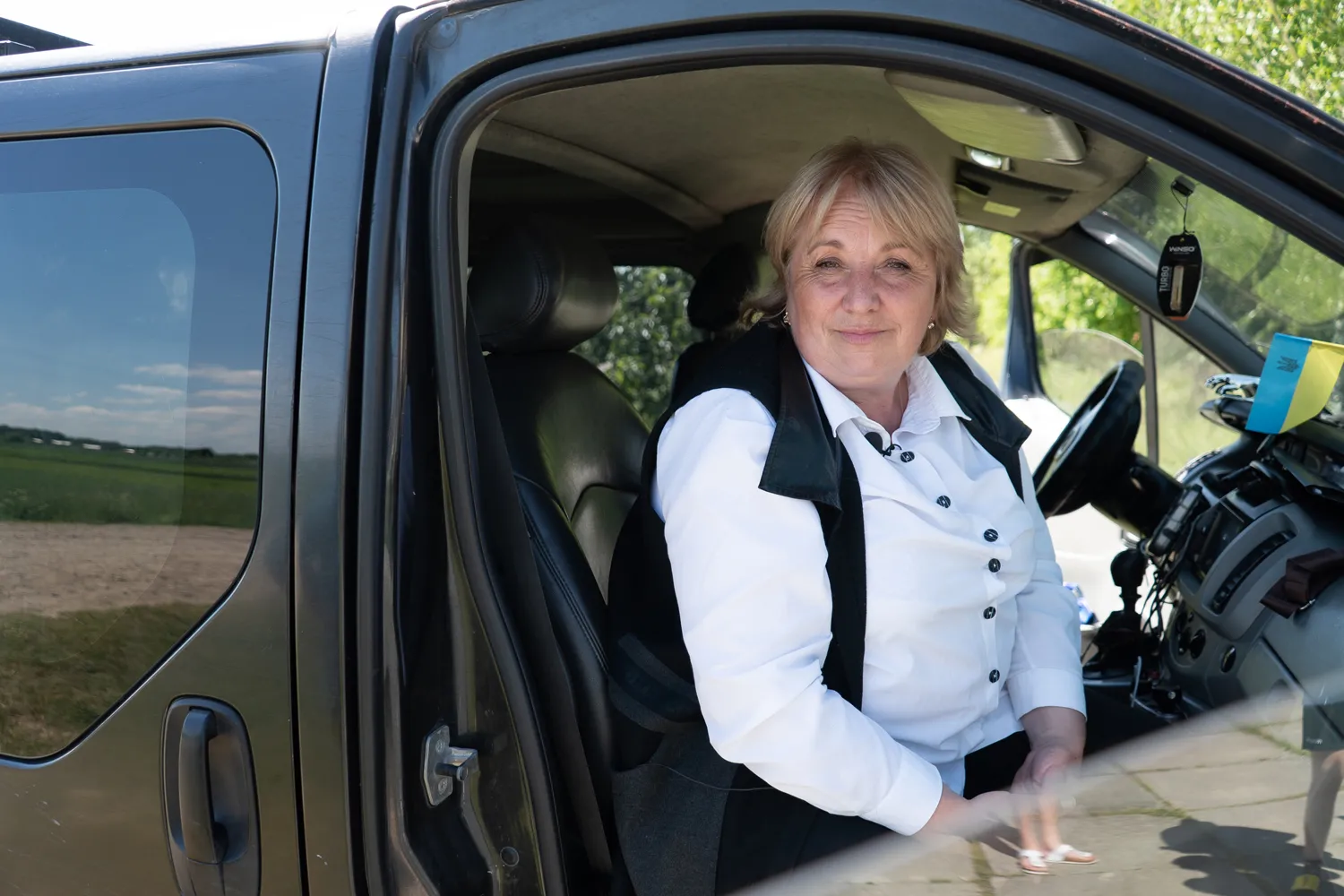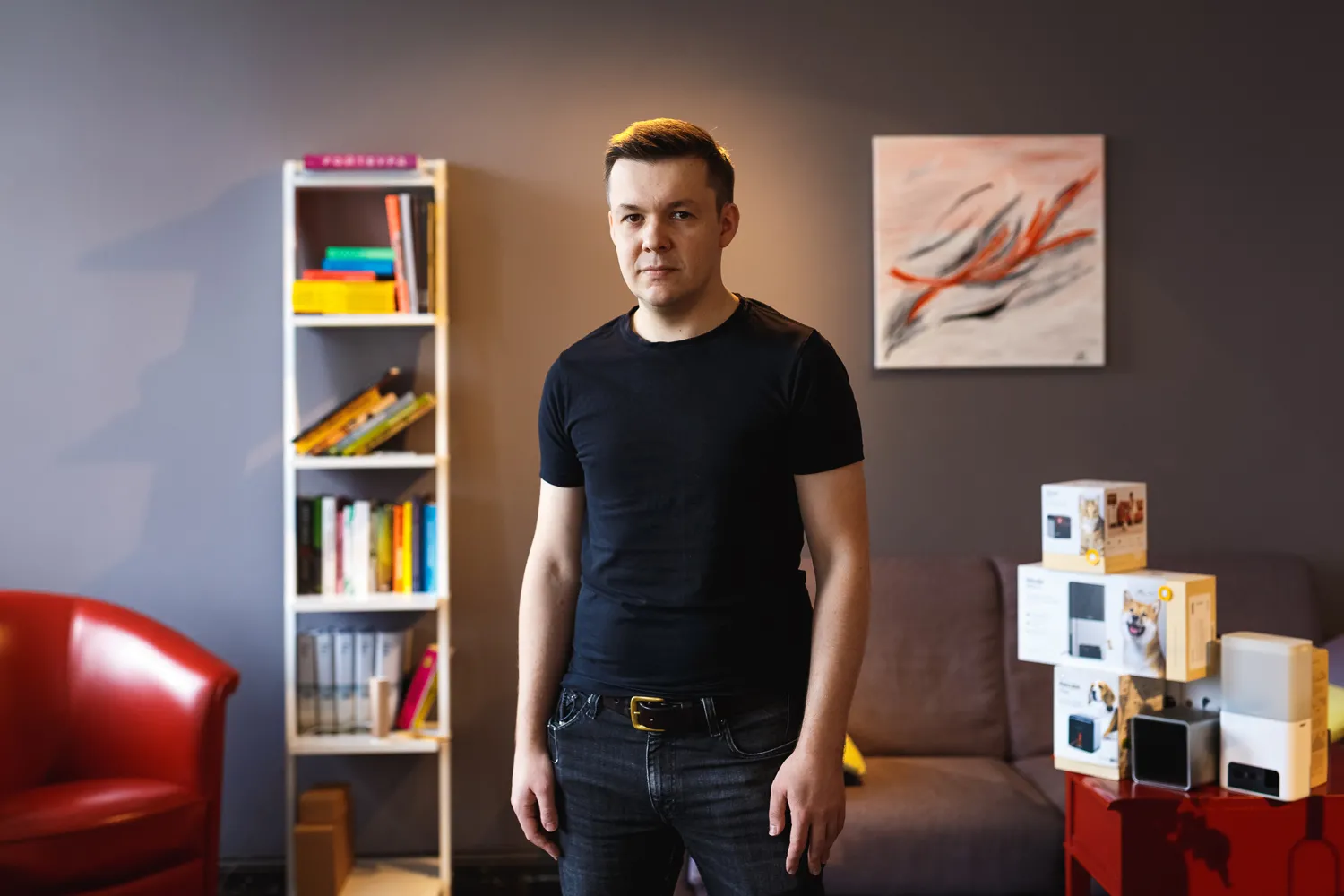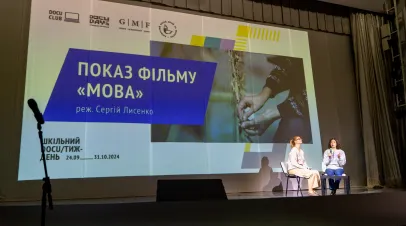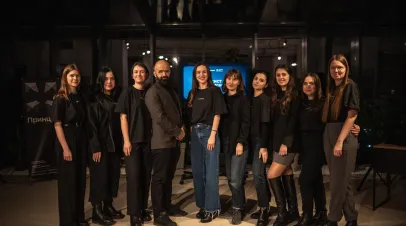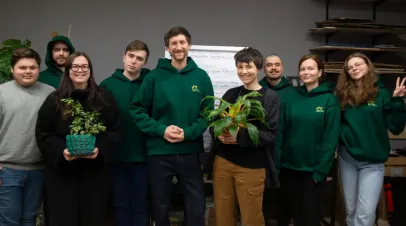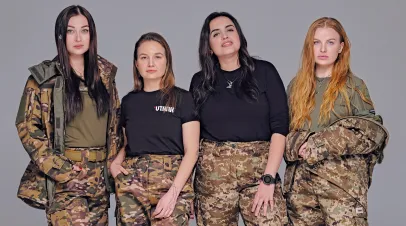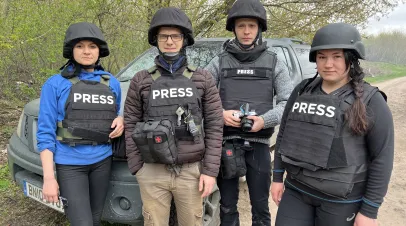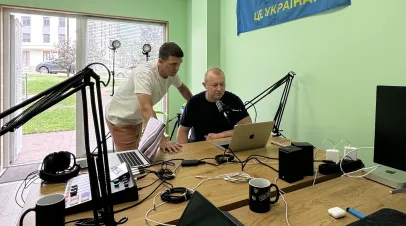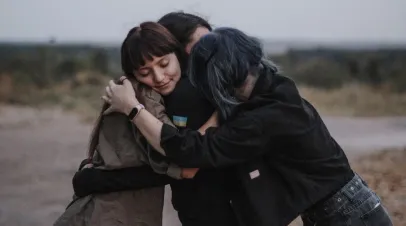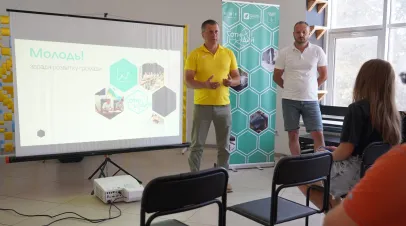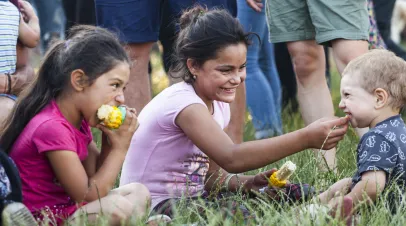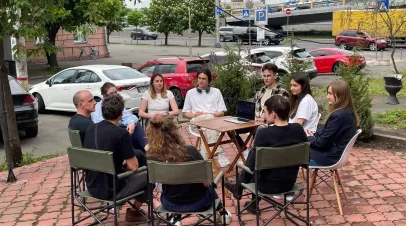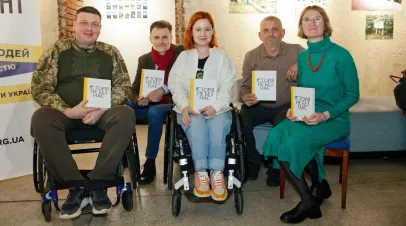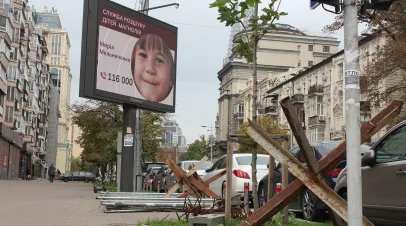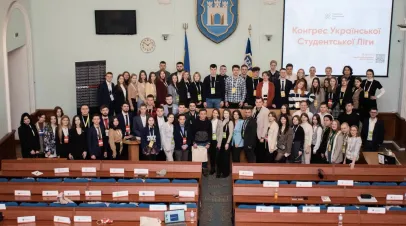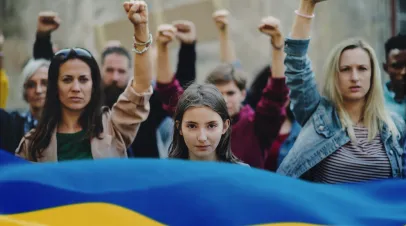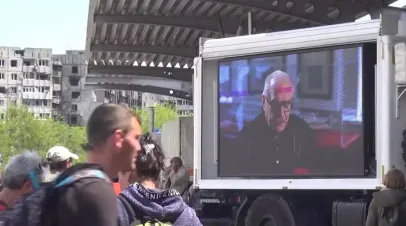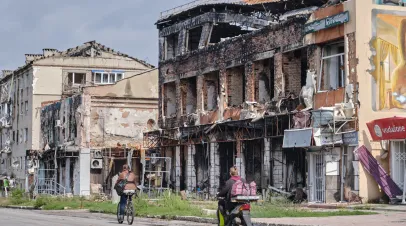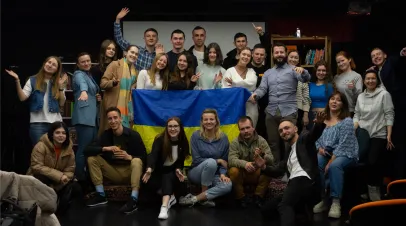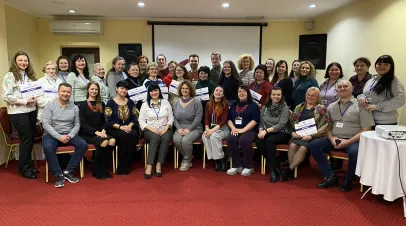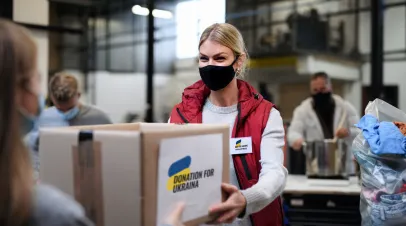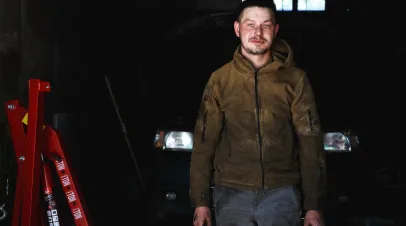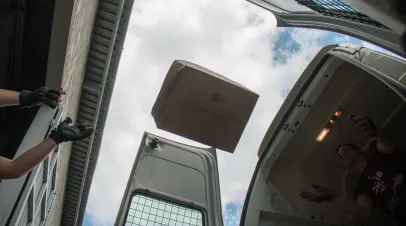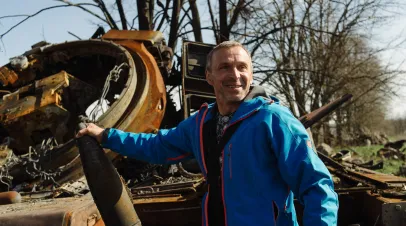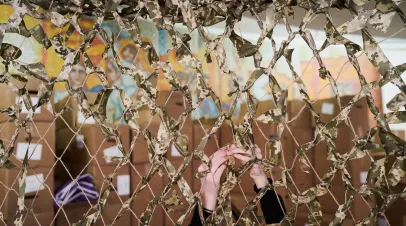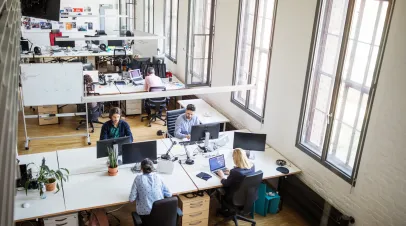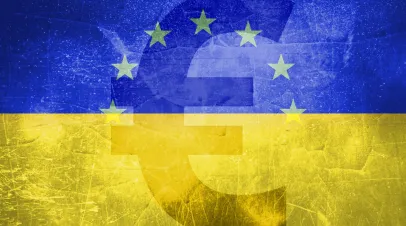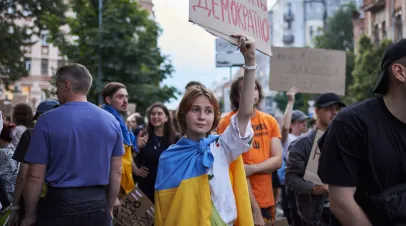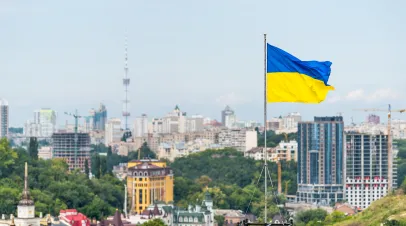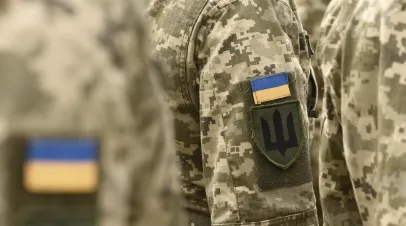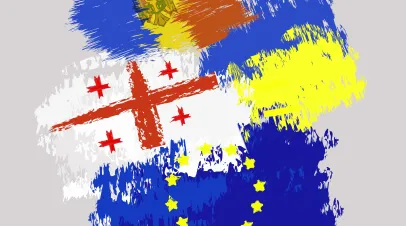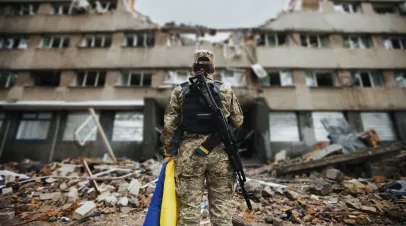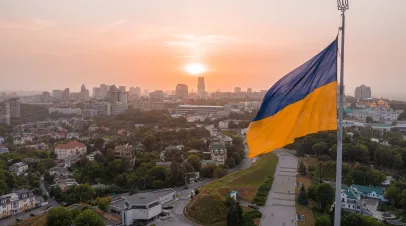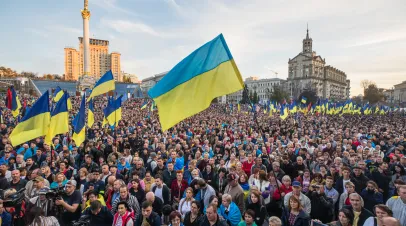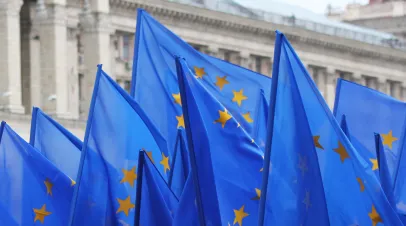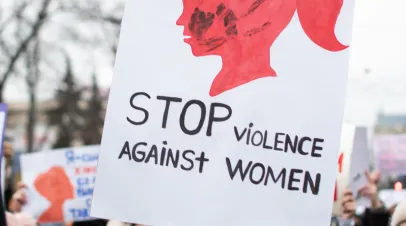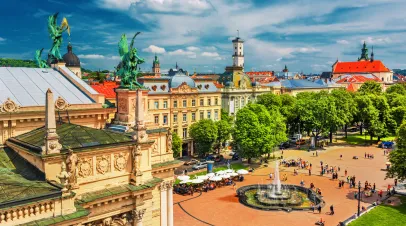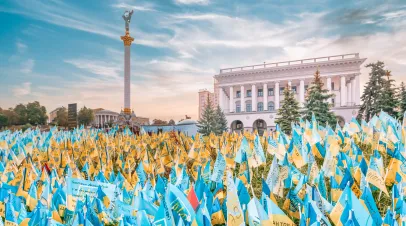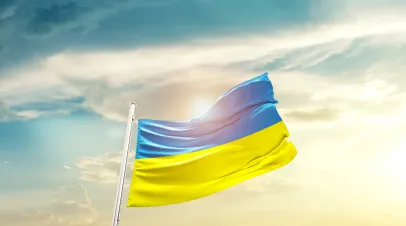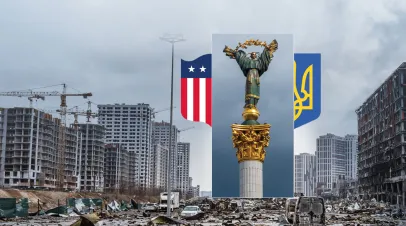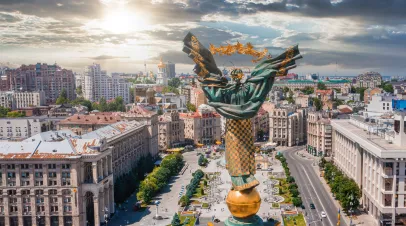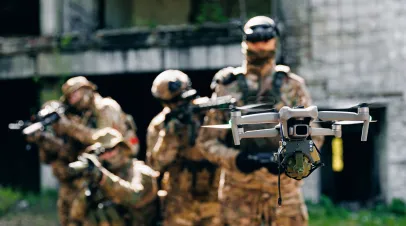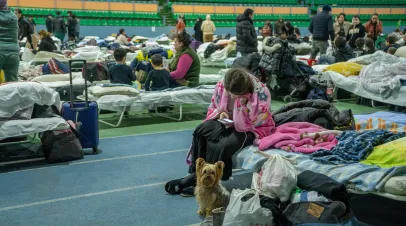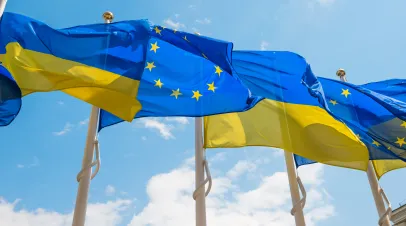Ukraine: Relief, Resilience, Recovery
Building on more than 15 years of GMF democracy assistance through its Black Sea Trust for Regional Cooperation, U3R pursues three broad objectives.
First, it helps Ukrainian civil society and media provide for their staff’s immediate safety; retain human, organizational, and technical capacities; and ensure uninterrupted operations.
Second, it works to increase the resilience of Ukrainian society by supporting civic and media actors as they fight disinformation, assist the most vulnerable social groups, support help the reintegration of internally displaced people and veterans, and engage in risk education and youth participation.
Third, it fosters the earliest and strongest possible involvement of Ukrainian civil society and local communities in the planning of internationally funded reconstruction efforts.
U3R does all this primarily through small to mid-sized grants to civic initiatives, CSOs, and independent media outlets. The program also supports targeted capacity-building measures; Ukrainian civil society networking and cooperation on the local, national, and international levels; and policy initiatives by Ukrainian experts and think tanks.
Over its three years of operations, U3R has supported over 285 projects and partners with about $5.9 million in funding. This assistance was made possible by the generous support of Global Affairs Canada, the European Commission (DG NEAR), the US Agency for International Development, Germany’s federal government through the KfW Development Bank, the Rockefeller Foundation, and Porticus.
Priorities and Calls for Applications
Program Description
In response to the security challenges and humanitarian crisis caused by Russia's war against Ukraine, the German Marshall Fund of the United States and its Ukraine: Relief, Resilience, Recovery program is launching a call for project proposals for civil society organizations and independent media from Ukraine.
Under the current call all project activities must be completed by the end of May 2026. Proposals should be for grants up to $25,000.
The deadline for application submission is December 31, 2025.
Proposals will address one of the following priorities:
1. Emergency support and immediate safety
Under this thematic area, priority will be given to proposals that cover the immediate needs of civic activists and media professionals, as well as their families. The following indicative actions are eligible under this thematic area (non-exhaustive list):
- Access to social, legal, and mental health services; evacuation of civilians.
- Immediate/temporary relocation support inside Ukraine including transportation costs, temporary accommodation, and seasonal equipment.
2. Media support
Under this thematic area, priority will be given to proposals that support the media’s key role in informing audiences. The following indicative actions are eligible under this thematic area (non-exhaustive list):
- Core support for immediate needs such as salaries, costs for temporary relocations (rent, utilities), communication, and equipment, including laptops, cameras, microphones, etc.
- Support for media content creators to diversify sources and formats of accurate information through on-the-ground reporting and fact-checking.
- Monitoring and exposing malign actors, their narratives, and dissemination patterns.
- Development of policy recommendations to limit the impact of false news.
- Access to wellbeing services for journalists, including psychological support, coaching, and trauma healing.
- Personal safety/survival trainings for journalists in war/conflict zones.
3. Cyber and physical security, organizational capacity building
Under this thematic area, priority will be given to proposals addressing the immediate needs of CSOs to enable them to implement their activities and to continue offering support to their beneficiaries. The following indicative actions are eligible under this thematic area (non-exhaustive list):
- Digitalization support, such as replacing and/or purchasing equipment, recovering and/or developing systems for storage and protection of data.
- Access to mental health services and healing activities for staff and volunteers.
- Legal assistance for those going through abusive situations, including human trafficking and bribery, among others.
- Institutional support to cover core team salaries, office rental costs (temporary relocation or permanent office), utilities and communication costs.
- Emergency preparation through trainings on data security, first aid, and survival in war/conflict zones.
- Capacity-building and equipment that can help to avert digital and physical assaults on Ukraine-based and exiled CSOs and media.
4. Post-conflict education and youth engagement
Under this thematic area, priority will be given to proposals addressing the needs of CSOs, including youth organizations, to enable them to resume their activities and continue offering support to their beneficiaries. The following indicative actions are eligible under this thematic area (non-exhaustive list):
- Capacity-building and supporting organizations working on the designing and development of strategies for creating national memory and identity in the context of war and postwar reconstruction at the local and state levels.
- Promoting and supporting organizations, including youth organizations, working on the development and implementation of strategies and projects for youth engagement in the recovery processes, especially at the local level.
5. Resilience and recovery
Under this thematic area, priority will be given to proposals addressing the needs of CSOs to enable their earliest and strongest possible involvement in the planning of internationally funded reconstruction efforts, especially at the local level. The following indicative actions are eligible under this thematic area (non-exhaustive list):
- Promoting and supporting organizations working on the development and implementation of strategies and projects for recovery, especially at the local level.
- Capacity building of organizations working and/or involved in the development, implementation and monitoring of plans and projects for recovery at the local, regional and/or national levels, as well as facilitating the coordination of these efforts between CSOs and state institutions.
Eligibility
Projects should be initiated by CSOs and independent media legally registered in Ukraine. The involvement of additional local partners is encouraged and welcomed. The proposals cannot cover costs related to food, construction/renovations, or clothing. The cost of expenses indicated in the budget for compensation of salaries to members of the organization’s team should not exceed 40% of the total budget. A full list of ineligible costs is included in the budget form.
Application Process
To apply for a grant, please use the portal.
Only applications submitted via the online portal will be considered.
You can find a sample application only for your reference in Ukrainian or English at the links below:
For more information, please contact GMF program staff at [email protected]
What types of organizations do we fund?
Projects should be initiated by CSOs, Charitable Foundations, civil society activists (private entrepreneurs) and independent media legally registered in Ukraine.
What is the process for reviewing grant applications?
Once submitted, staff review the application and forward it to the review committee, which convenes every 6 to 8 weeks to approve or reject applications. The shortlisted applicants are invited for a short interview prior to final review process. If the project proposal is approved, the partners receive a grant agreement. If the application is rejected, we inform the applicant of the decision.
What is the typical timeline for receiving a decision on my application?
Decisions are typically made within 6 to 12 weeks after submission of the application.
Can I reapply if my application is rejected?
Yes, applicants may resubmit revised applications.
Does U3R fund operational or administrative expenses?
Yes, U3R may consider funding operational and administrative costs as part of your budget. These expenses must be clearly justified in the application and directly related to project implementation. The cost of expenses indicated in the budget for compensation of salaries to members of the organization's team should not exceed 40% of the total budget.
What expenses are not covered by the grant program?
The proposals cannot cover costs related to humanitarian aid, medicines, food, purchase and repairment of vehicles, construction/renovations, or clothing.
Can our organization submit several project proposals at a time?
You can submit several applications; however, they will be competing with each other as we are not able to fund two or more parallel projects of the same organization at the same time.
Faces of the Ukrainian Resiliance
Program Experts
#UkraineAlliance
GMF is a proud partner of the European Alliance of Cities and Regions for the Reconstruction of Ukraine.
